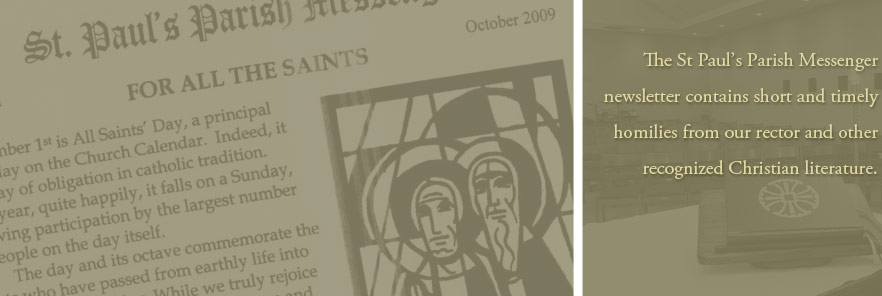There is broad agreement among commentators that the Parable of the Prodigal Son is, as Michael Wilcock says, “the most familiar and best loved” of Jesus’ teaching stories. Even so, the tale is called by numerous names by eminent scholars, as the parable of the Lost Son or the Father’s Love or the Waiting Father.
In any case, the broad outlines of the story are clear. The younger of the two Hebrew sons receives from his father, as was his right, an early distribution of the family estate, his inheritance, amounting to as much as one third of its total value. Feeling his oats, so to speak, he converted the bequest into cash and went off and “squandered [it all] in loose living.” Having blown all that he had and lost all semblance of his Jewish dignity (having to work for Gentiles and eat slop fed to pigs), he resolves to return home, confess his misdeeds, and throw himself upon his father’s mercy. Before reaching home, while “yet at a distance”, his father senses his son’s repentance, has compassion, and embraces him, not so much in mere warm greeting but in forgiveness. Not only so, but the father puts on a welcome home feast commanding that all “eat and be merry; for this my son was dead, and is alive again, lost and is found.” As Jesus had said shortly before the story here, there is joy [even] in heaven over one sinner who repents.
Repentance, as has been mentioned from our pulpit from Ash Wednesday on, and on until Palm Sunday, is form a Greek word meaning “turn” or “return”, in some sense of remorse. It’s easy to understand, therefore, why the Church has selected the turnabout of the younger son in this beloved parable of Jesus to demonstrate repentance in the middle of the otherwise quite somber Lenten season. Yet, it’s somewhat surprising to find a note of joy in such a time. On the other hand while a bit of let up midway through the usual rigors of Lent is a welcome respite for even the very pious, the intent is doubtless to demonstrate that true repentance opens out into joy and gladness, both on earth and in heaven.
Over against this is the attitude of the older son. While full comment on his behavior has to be put aside for now, it is evident that his self-righteousness and recalcitrance prevented him from sharing in the joy of both the earthly household and in heavenly places.

